1. They’ve Got Opinions on Pizza and Bagels—And They’re Not Quiet About It

If someone starts passionately explaining the difference between “real” New York pizza and whatever they serve in California, you’re likely talking to someone raised on the East Coast. They might even scoff at thin crusts that aren’t folded or bagels that weren’t boiled properly. East Coasters have a loyalty to neighborhood delis and corner pizzerias that runs deep. They probably grew up walking to get a bacon, egg, and cheese before school and will defend that routine like it’s sacred says BuzzFeed.
Meanwhile, someone from the West Coast might mention avocado toast or fancy sourdough instead. They’re less likely to romanticize greasy pizza parlors and more likely to rave about artisan bakeries. That doesn’t mean they don’t love good food—they just have a totally different relationship with it. Their childhood nostalgia tastes like fresh produce and trendy fusion dishes, not deli grease and corner stores adds the Third Self.
2. They Talk at a Different Speed—Literally

East Coasters are fast talkers. They speak quickly, get to the point, and can jump into a debate without skipping a beat. It’s not that they’re trying to be rude—it’s just how things move back there. There’s a sense of urgency in the rhythm of their speech, like they’ve got somewhere to be, even when they don’t shares Business Insider.
West Coasters, on the other hand, tend to be more laid-back in conversation. They might pause more, reflect a bit, and let the silences stretch. Some might even see them as chill, while East Coasters might think they’re stalling. The contrast in speech is small but telling once you’ve heard both styles enough says Upworthy.
3. They Refer to the Beach Completely Differently
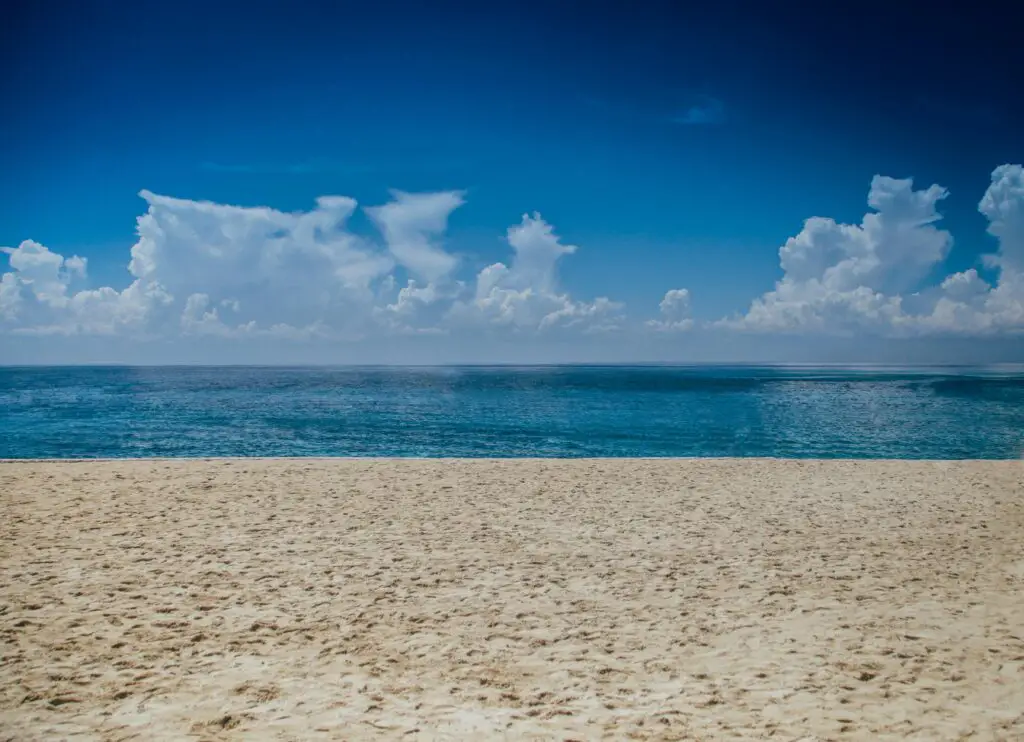
If someone says “down the shore,” there’s a good chance they’re from New Jersey or nearby. East Coasters often use regional slang for coastal getaways, and their beach days are full of boardwalks, saltwater taffy, and ocean waves that hit hard. Their idea of the beach isn’t always relaxing—it’s lively, full of people, and often involves a long traffic-filled drive.
West Coasters, meanwhile, say “going to the beach,” and it’s a whole different vibe. Think laid-back afternoons, surfers, and maybe a bonfire at night. The sand’s lighter, the waves are calmer in some spots, and the attitude is more relaxed. For them, the beach is more of a lifestyle than a destination.
4. Their Weather Expectations Are Wildly Different
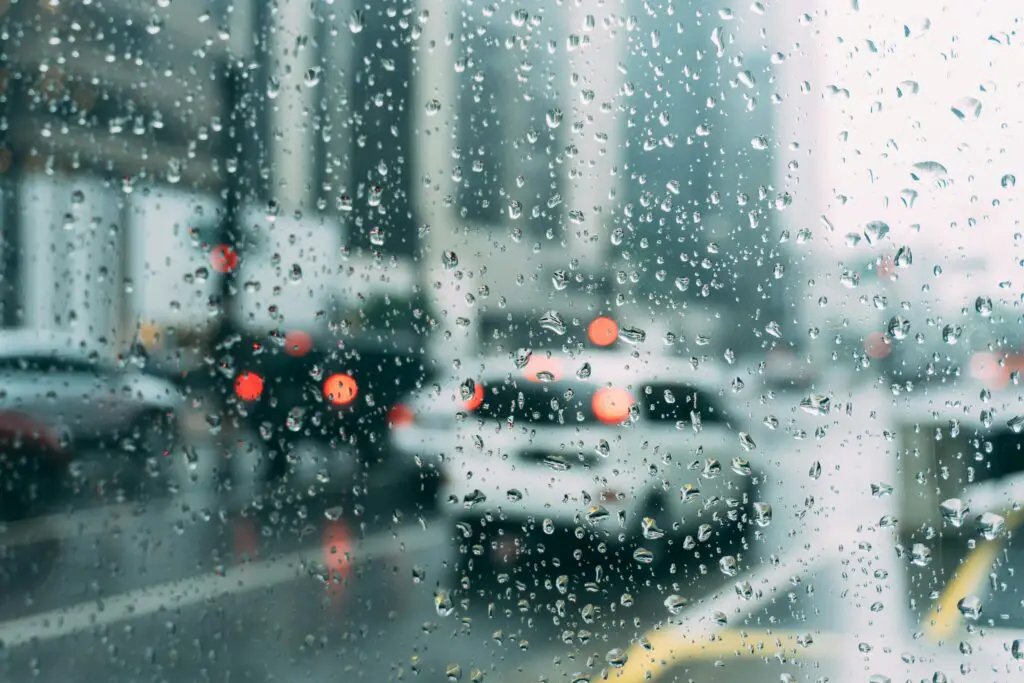
Someone raised on the East Coast can probably handle any kind of weather. Snowstorms? No big deal. Humidity so thick you could swim in it? Just part of summer. Their wardrobes are built for four full seasons, and they don’t flinch when it starts pouring unexpectedly.
West Coasters, especially those from Southern California, might see rain as a dramatic event. They own fewer coats, maybe no snow boots, and they talk about “cold” when it dips below 60. Their bodies are tuned to a milder climate, and it shows in the way they react to temperature swings. One person’s normal is another’s natural disaster.
5. They’ve Got Serious Coffee Preferences

If you meet someone who demands their coffee “light and sweet” or swears by their local corner coffee shop, there’s a solid chance they’re East Coast-raised. Dunkin’ might be their holy grail, and they’re not above arguing about the superiority of iced coffee year-round—even during snowstorms. Coffee isn’t just a drink; it’s a ritual, and it’s usually grabbed on the go.
West Coasters often lean toward craft coffee spots, pour-overs, and non-dairy milk options. They might savor their coffee experience a little more, even sitting down to enjoy it in a sun-drenched café. It’s less about caffeine as fuel and more about taste and vibes. The cultural split is subtle, but real.
6. They See Driving Very Differently

Ask an East Coaster about parallel parking, and they’ll tell you it’s a survival skill. Driving in the city? No problem. They’re used to tight spaces, honking, and aggressive lane changes. Some of them didn’t even get their licenses until later in life because public transportation was everywhere.
West Coasters usually grew up driving. The car culture is real—they likely had a license at 16 and drove everywhere from high school. Parking lots are normal, not a luxury. And their definition of “traffic” might involve scenic highways, not gridlocked avenues and one-way streets.
7. They Have Totally Different Reactions to Celebrity Sightings

Someone from the West Coast, especially near LA, probably won’t even blink if they see a celebrity at a grocery store. It’s not that they don’t care—they’re just used to it. They might tell the story later, but they’ll play it cool in the moment. It’s part of the landscape.
East Coasters, on the other hand, still get excited. A Broadway star spotted at a deli? That’s big news. They might text a few friends or sneak a photo. Famous people aren’t as common, so the novelty hasn’t worn off.
8. They Drop Regional Slang Without Thinking

If someone says “mad” to mean “very” or tells you something was “wicked good,” they’re probably from the East Coast. Whether it’s New York, Boston, or Philly, regional phrases pop up naturally in conversation. They don’t even notice they’re using them until someone points it out. It’s baked into how they talk.
West Coasters might toss around “hella” or “stoked” without thinking twice. Their slang tends to sound a bit more casual or surfer-inspired. And while they might not have as many hyper-regional phrases, they’ve got their own rhythm. You can usually place someone by how they say the simplest things.
9. Their Sports Allegiances Are Fierce
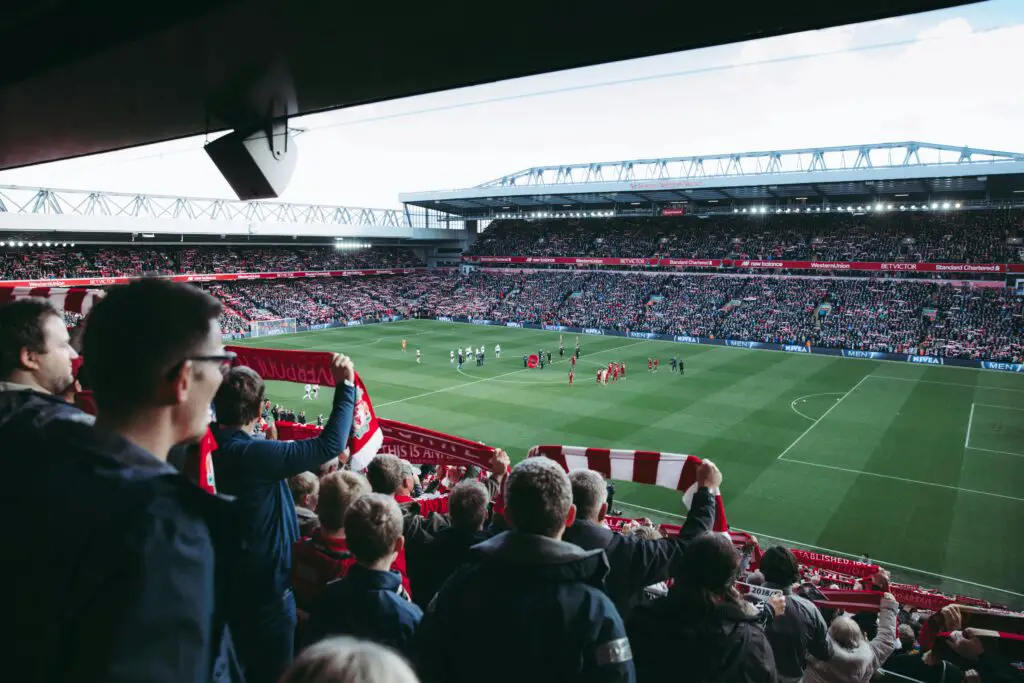
East Coasters take sports personally. If someone’s talking smack about the Yankees or the Eagles, you’ll know where they’re from fast. Game days are intense, rivalries are serious, and loyalty runs deep. People grow up in houses where team pride is passed down like heirlooms.
West Coasters love sports too, but the atmosphere can feel more relaxed. The weather helps—tailgating under the sun is just different. You might see more fair-weather fans or people who support multiple teams. It’s passionate, but it’s not war.
10. They Handle Eye Contact Differently

East Coasters are used to moving fast and not making a lot of unnecessary eye contact. On subways, in crowded cities, and during errands, it’s all about staying in your lane. If someone from the East Coast meets your gaze too long, it usually means something’s wrong—or they’re about to say something.
West Coasters, especially in smaller or more spread-out cities, are more likely to smile or nod at strangers. It can feel friendlier or just slower-paced. They’re not in a rush to disengage. To an East Coaster, it might feel weirdly intimate, while to a West Coaster, it’s just polite.
11. Their Attitude Toward Nature Is Totally Different

West Coasters often grew up surrounded by mountains, oceans, and trails. Outdoor adventures are part of their identity, whether it’s hiking, surfing, or just hanging out in nature. They’re comfortable in the elements and probably own a ton of REI gear.
East Coasters love nature too, but they tend to experience it in bursts. Weekend trips to the Catskills or a summer in the Adirondacks is the vibe. Nature feels more like a retreat than a daily backdrop. You’ll hear less about surfboards and more about summer camps and winter cabins.
12. They View Public Transportation in Opposite Ways
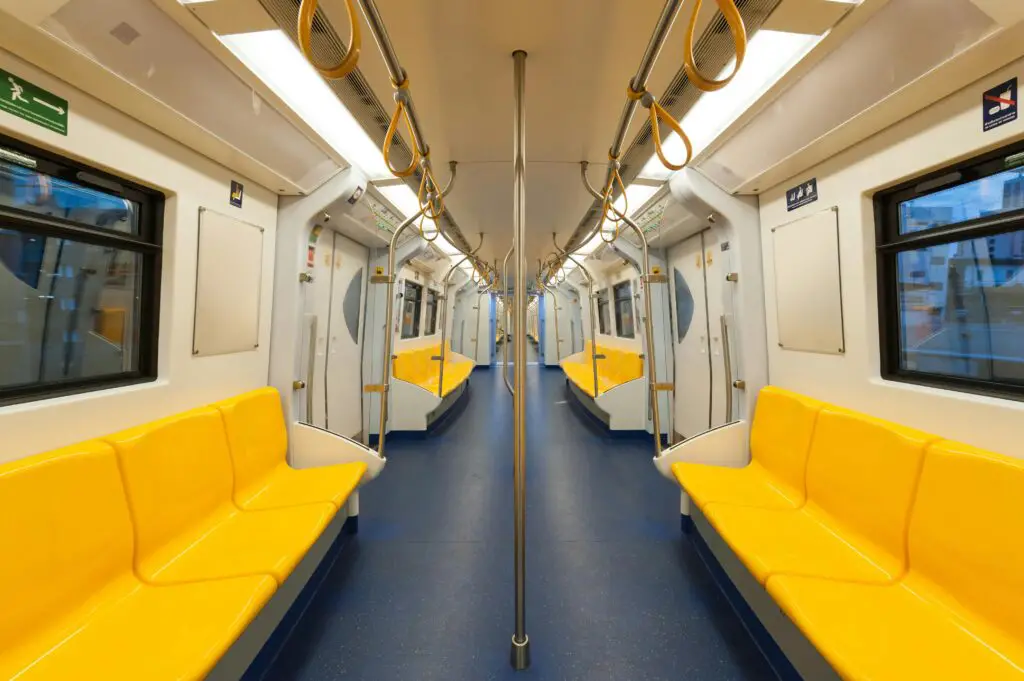
For someone raised on the East Coast, especially near a city like New York or Boston, public transportation is normal. They might even prefer it. Subways, trains, buses—there’s a rhythm to it, and they probably learned how to navigate it young. Owning a car isn’t essential.
West Coasters, in many cities, didn’t grow up with reliable transit systems. They might see public transportation as inconvenient or only use it for special occasions. Their daily life was shaped around cars and freeways. The idea of commuting on a packed train feels foreign.
13. They Dress for Function Over Fashion (Or Vice Versa)

East Coasters often dress in layers, ready for unexpected weather or changing temperatures. There’s a certain edge to their style—practical, sharp, and often in darker colors. A good coat can be a statement piece. They know how to mix form with function.
West Coasters lean more toward comfort. You’ll see lots of athleisure, sandals, and sunglasses even in winter. The vibe is effortlessly cool, and it’s usually weather-appropriate since their climate’s more predictable. Style is more relaxed but still intentional.
14. Their Sense of Humor Hits Differently

East Coast humor is quick, sarcastic, and often self-deprecating. People raised there learn to laugh at themselves—and each other—fast. They’re used to being roasted by friends and see it as a sign of affection. It’s part of the social currency.
West Coast humor is often more mellow and story-driven. It leans quirky, with fewer hard jabs and more observational laughs. That doesn’t mean it’s less funny—just softer around the edges. The delivery is more “hang out and joke” than “zing and run.”
15. They Notice Crowds—or Lack of Them

An East Coaster raised in a big city doesn’t flinch at a crowd. Busy sidewalks, packed trains, and long lines are all normal. They might even find comfort in the chaos. If it’s too quiet, something feels off.
West Coasters are more used to space. Even in LA, there’s often more room to breathe. They might feel claustrophobic in places like Manhattan. What feels vibrant to an East Coaster can feel overwhelming to someone from the West.
16. Their Childhood Field Trips Were Wildly Different
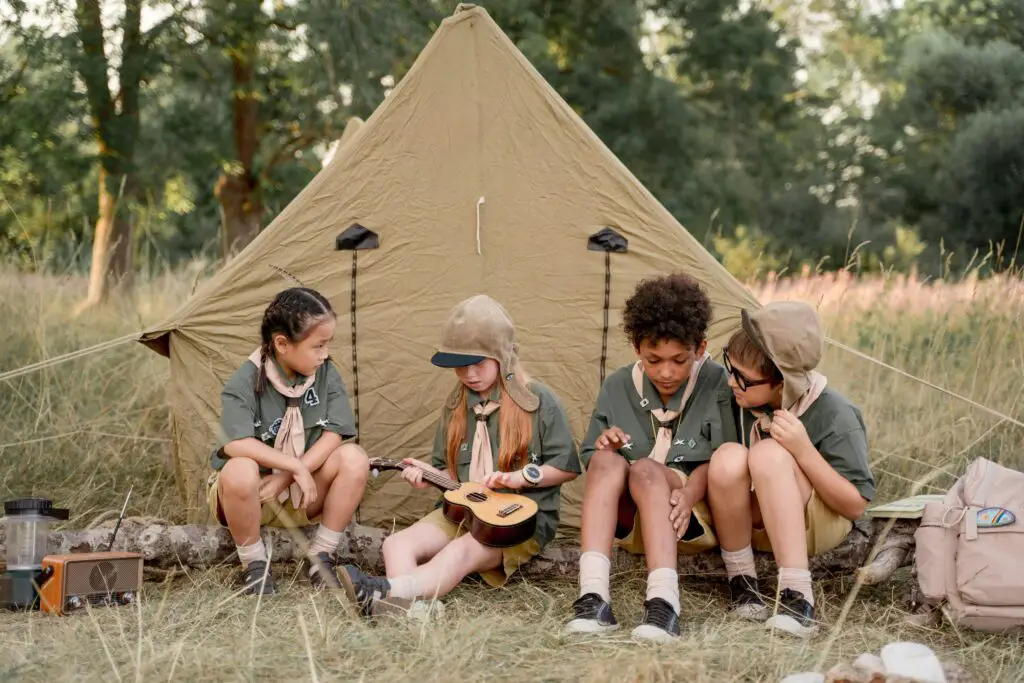
Ask someone where they went for school trips, and it might tell you where they’re from. East Coasters may have visited historic sites, big cities, or iconic museums—Washington D.C., Boston’s Freedom Trail, or the Met. Their trips had a dose of history and hustle.
West Coasters probably hit national parks, aquariums, or science centers. They might’ve gone whale watching or walked through redwoods. The focus leaned more on nature and science than politics or landmarks. It’s a small but telling glimpse into their early years.
17. They Have Strong Feelings About How Fast Life Should Move

East Coasters are always moving. There’s an underlying sense of urgency, whether they’re walking down the street or waiting in line. Efficiency matters. Slowness is often confused with laziness.
West Coasters believe in taking their time. They’ll stop and chat, savor the moment, and generally move at a more relaxed pace. It’s not that they’re unmotivated—it’s just a different tempo. The clash in energy is subtle but noticeable.
18. Their Definition of “Nice” Isn’t the Same

An East Coaster might come off as blunt, but they’re usually deeply loyal and honest. They’ll tell it to you straight, even if it sounds harsh. It’s their way of caring—by not sugarcoating things. Warmth is shown through actions, not always words.
West Coasters are more outwardly friendly. They smile more, compliment easily, and keep things light. But that doesn’t always mean deeper connection. It’s a different flavor of nice—more casual, less intense.
